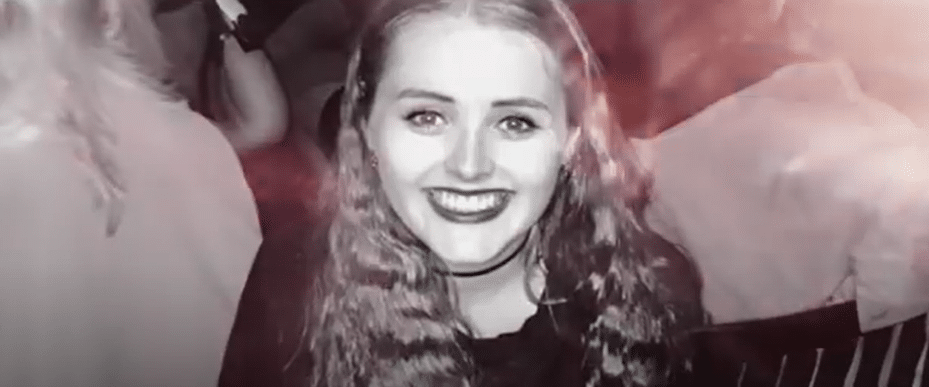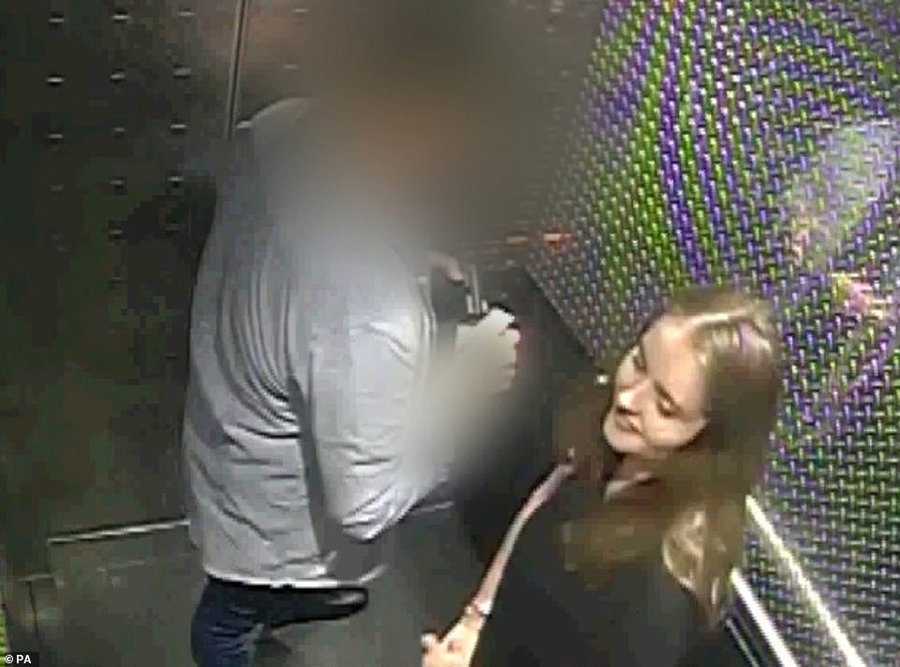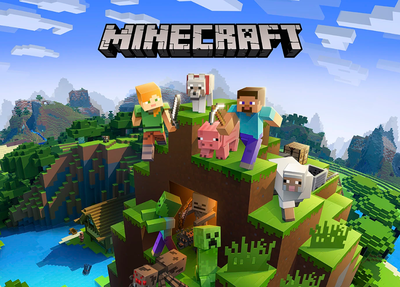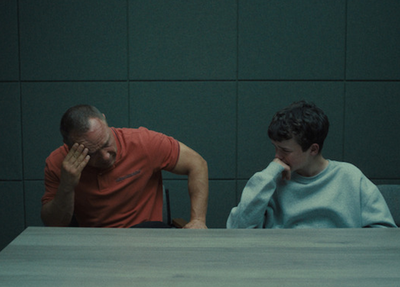
Detailed impactful content guide - The Lie: The Murder of Grace Millane
Jess on Aug. 30, 2024
In 2018, New Zealand was deeply shaken by the murder of Grace Millane, a 21-year-old British backpacker who came to Aotearoa on her overseas experience. The case unfolded in the public eye with constant media coverage – from Grace’s initial disappearance through to the conviction of her killer, Jesse Kempson. Now, a true crime documentary pulling the high-profile case back into focus is available to stream on Netflix.
***This guide contains spoilers for the documentary and discusses content that might be challenging for some viewers.***
"The Lie: The Murder of Grace Millane” (directed by Helena Coan) has an M rating meaning it’s suitable for viewers aged 16 and older, with warnings for sexual violence references, domestic violence references, and content that may disturb.
With its M rating and strong ties to Aotearoa, there’s a good chance this 92-minute documentary might pull in younger viewers, so parents and caregivers should be aware that it contains some very challenging themes. True-crime documentaries often make waves on social media and can be popular with younger viewers, and this sometimes means watching things that may be outside of their comfort level.
As someone who’s watched this film, I know it can be challenging for adults as well – so it’s a good idea to be informed about what’s in it before pressing play.

Disturbing content
The film features real-life CCTV footage of Grace and Kempson on the days surrounding her murder, as well as recordings from the court trial, police interviews, and news coverage. Following Kempson’s actions before, and especially after Grace’s death, is deeply disturbing.
Domestic violence references and sexual violence references
While there’s no imagery of Grace’s murder, voice-overs and trial footage provide a vivid account of how things unfolded when Kempson strangled her to death, and then left her body in a suitcase in Auckland's Waitakere Ranges. CCTV footage shows Kempson with the suitcase that has Grace’s body inside, at one stage throwing it inside the elevator, which is very unsettling.
We hear interviews with Kempson’s ex-girlfriend, who recounts her own experiences of domestic and sexual violence that happened during her previous relationship with him, including death threats and an instance where he held a butcher’s knife to her throat.
The film highlights troubling elements of victim blaming. Although it was unsuccessful, the "rough sex" defence used by Kempson’s lawyers in court attempts to shift blame onto Grace, alleging that she was the one to initiate the choking that ultimately led to her death. When Kempson’s ex-girlfriend is speaking about her experiences in court, defence lawyers say she’s exaggerating and that her claims are untrue.
We hear about the devastating impact of domestic and sexual violence, not just on Grace and her whānau, but on Aotearoa more broadly. It sheds light on real issues in our communities which makes it even more important for viewers to approach the documentary with care, knowing the emotional toll it might take and the deeper conversations it could spark.
Whether you're a true crime enthusiast, already familiar with the case, or simply curious, it's important to remember that it's okay to take breaks or step away while watching – or, if you feel you’re likely be impacted, you might want to consider not watching it at all. Be sure to prioritise your well-being and take care of yourself as needed.
If you’re not watching, but someone in your whānau has or is planning to, make sure to check in with them – especially the younger rangatahi.
Here are some questions you can ask young whānau members about true crime content on social media and how they handle it:
- Have you come across true crime content on social media recently?
- What kind of true crime content do you usually see or engage with online?
- Do you find true crime stories interesting or disturbing?
- How do you feel after watching or reading true crime content?
If you think they’re encountering disturbing true-crime content, either to do with The Lie: The Murder of Grace Millane or something else, ask if they know about tools like the "Not Interested" button on TikTok as a way to manage their content.
Helplines
The sexual violence and domestic violence references could be upsetting for some viewers, especially for those who have gone through personal experiences or know someone who has. If you are struggling with what you have seen on-screen please reach out for help. If you or someone you know needs to talk:
More resources:
- Trending True Crime: Gypsy Rose Blanchard – Blog
- The Lie: The Murder of Grace Millane - Content breakdown
- Grace Millane: New film The Lie explores shocking case – RNZ
- Staying safe when your parenting downtime gets hijacked by tough storylines – Blog
- When trauma is involved, there are no spoilers – Blog
Subscribe to our blog
Stay up to date with the Classification Office blog.


